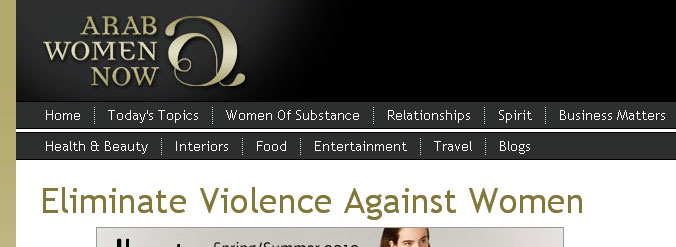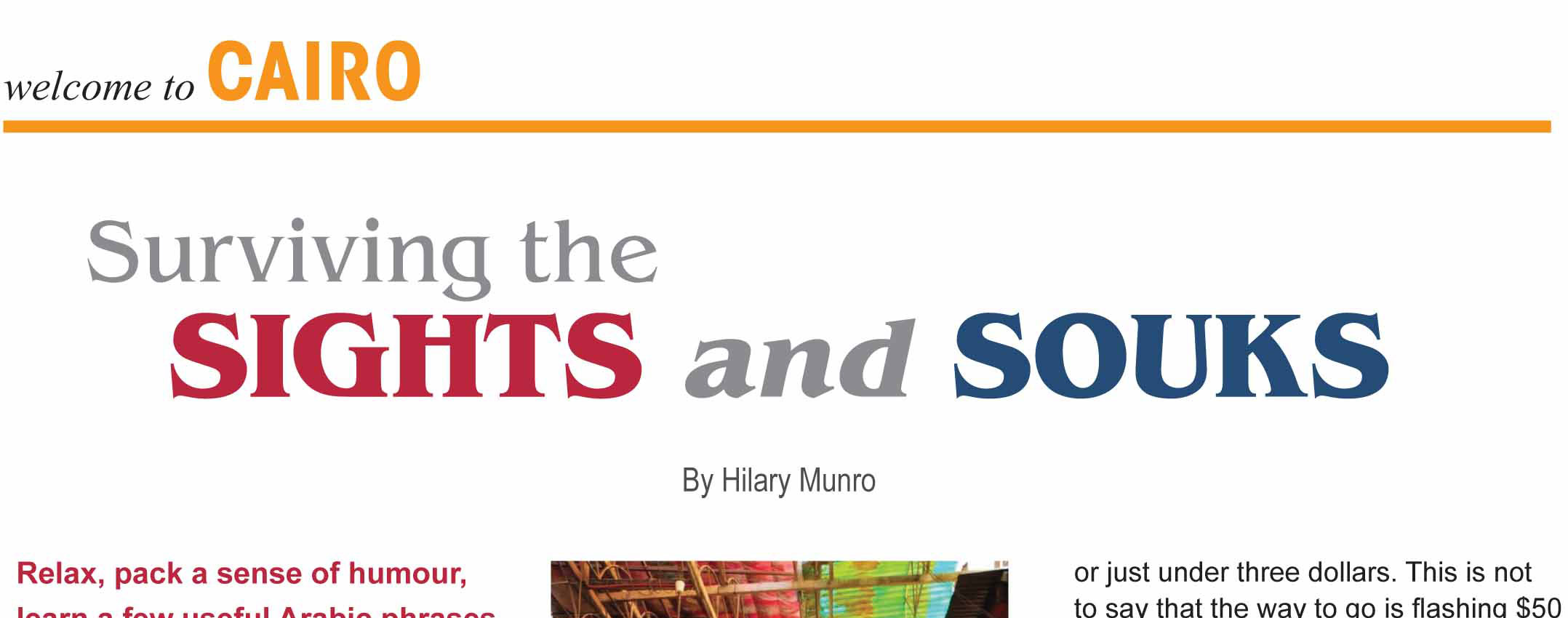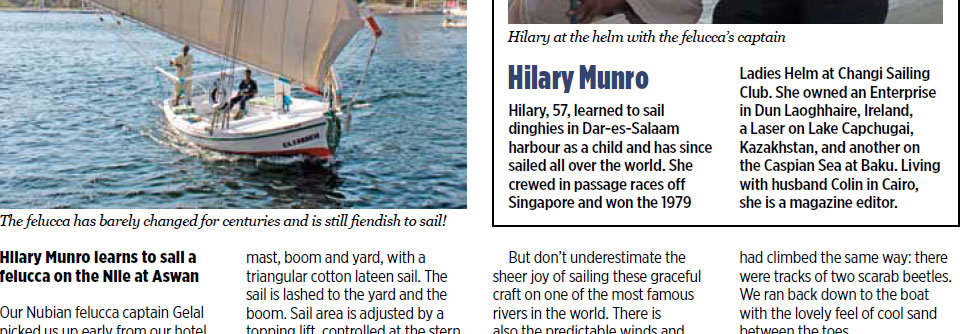My interview with Yasmin, a Cairene unmarried teenage mother and street kid with a five year old son was broadcast on the BBC world service’Outlook’programme on 23rd January, 2012.
It is available at
Newsletter
Maps & Photos
click here for maps and photos-
Recent Posts
- 1924 Going on Safari
- Jumping in Time within a novel and avoiding clichés
- How we view the world, then and now
- The challenges of writing Narrative Non-Fiction
- Grappling with straplines/loglines and tag lines
- Going back to the beginning and setting the first milestone
- Resuming
- April blog
- Trans Nzoia Settlers and Roses
- Gertrude Mary Kuhn
- The Barnley’s
- Puzzles
- The quest starts
- Kitale: Searching for echoes and dents
- Nakuru to Kitale
- The Menegai Crater, Nakuru
- The Rift Valley, Hells Gate and Planet Fries
Archives
- March 2020
- August 2019
- July 2019
- June 2019
- April 2016
- February 2016
- January 2016
- October 2014
- September 2014
- November 2013
- December 2012
- October 2012
- September 2012
- July 2012
- June 2012
- May 2012
- March 2012
- January 2012
- December 2011
- November 2011
- September 2011
- August 2011
- July 2011
- June 2011
- May 2011
- April 2011
- March 2011
- January 2011
- December 2010
- November 2010
- October 2010
Tags
- Beijing
- Cairo
- Colonial Kenya
- earthquake
- Egypt
- Egypt/UK imports
- EgyptAir
- Egypt NGO's
- Egypt Poverty
- Egypt Road Accidents
- Erbil
- escape
- food aid
- Gene Cretz
- humanitarian crisis
- Iraq
- Iraqi Kurdistan
- Ireland
- Japan
- Kenya
- Kitale
- Kurdistan
- Libya
- Luxor
- Marie Vaughan
- Memoir
- mentoring
- Mt Elgon
- Nile Class Boats
- Red Sea
- refugee camps
- Sailing the Nile
- Salloum border
- Scota
- shark
- The Sinai
- Trans Nzoia
- Tripoli
- Tunisia
- WAB
- WABEF
- Western Academy of Beijing
- white settlers
- Wikileaks
- writing creative non-fiction
Meta





